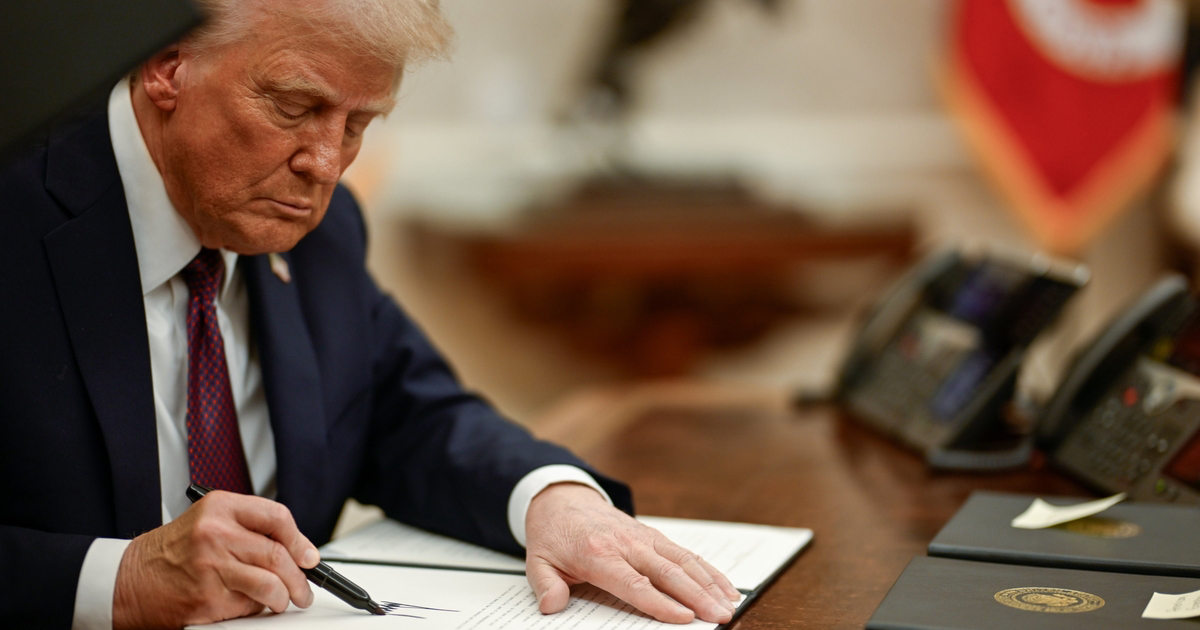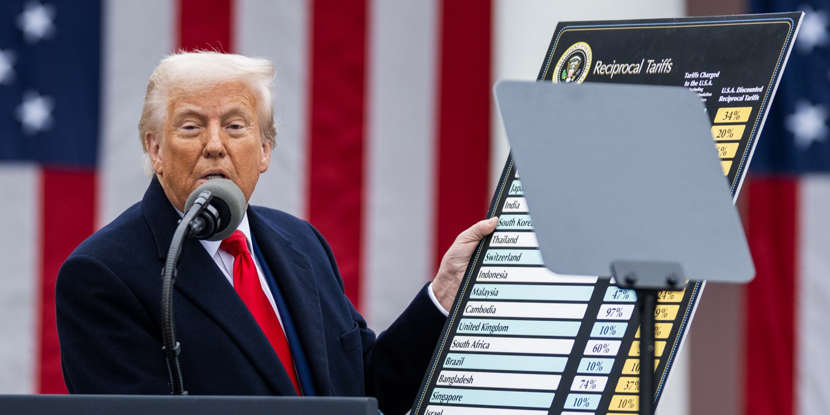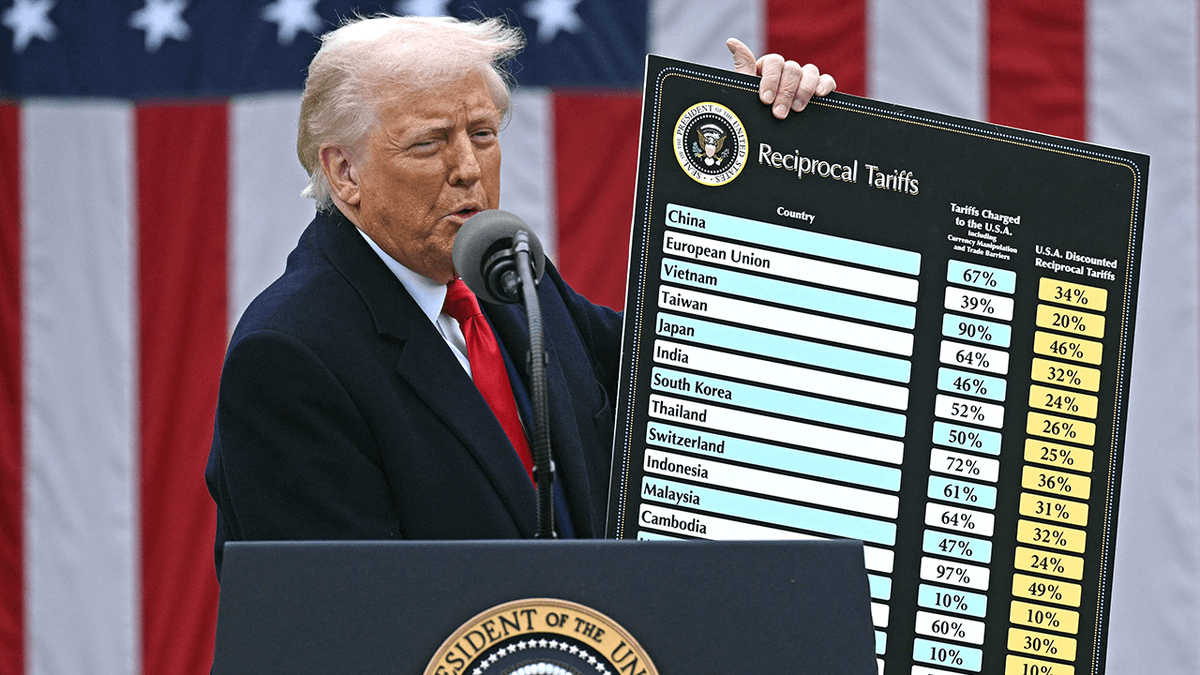Switzerland Reels as U.S. Hits 39% Tariff on Goods, Threatening $60.9B Export Market
In a surprising move that has sent shockwaves through Switzerland"s economy, the United States has announced a staggering 39% tariff on Swiss goods. This new duty level, which exceeds the 31% rate proposed by former President Donald Trump earlier this year, has left Swiss lawmakers grappling with the potential repercussions. The announcement has resulted in a sharp decline in the value of the Swiss franc and raised urgent questions about the future of trade relations between the two nations.
Background & Context
Switzerland is known for its robust export economy, with the United States being one of its largest trading partners. In 2022, Switzerland exported approximately $60.9 billion worth of goods to the U.S., with key exports including pharmaceuticals, medical devices, coffee, watches, and gold. Notably, gold exports alone accounted for $11.5 billion of this total, making it Switzerland"s largest export commodity. The imposition of such a high tariff could significantly impact these industries, particularly the pharmaceutical sector, which relies heavily on the U.S. market for about 60% of its exports.
The Swiss government has expressed its deep concern over the tariff decision, emphasizing the unexpected nature of the U.S. stance. "It is unclear what the US wants from us," remarked one lawmaker, encapsulating the bewilderment felt across the political spectrum in Switzerland. This tariff increase comes at a time when many countries are seeking to strengthen trade ties and foster economic collaboration.
Key Developments
The announcement of the 39% tariff marks a significant escalation in trade tensions between the U.S. and Switzerland. The sudden imposition of such a high rate has raised alarm bells among Swiss lawmakers and business leaders alike. The pharmaceutical giants Novartis and Roche, which have committed billions of dollars in investments in the U.S. this year, are particularly vulnerable to these changes. Analysts predict that the tariff could lead to increased production costs, reduced competitiveness, and potential job losses in Switzerland"s pharmaceutical sector.
In response to this tariff, Swiss officials are reportedly considering a range of options, including diplomatic negotiations and potential retaliatory measures. The government’s immediate priority is to assess the full impact of the tariffs on its economy and devise a strategy to mitigate the effects on key industries. The situation is fluid, and further developments are expected as both nations respond to the evolving trade landscape.
\n\n
Image for Switzerland Reels as U.S. Hits 39% Tariff on Goods, Threatening $60.9B Export Market
Broader Impact
The implications of this tariff extend beyond Switzerland"s borders. Economic analysts warn that such a steep increase in duties could disrupt not only bilateral trade but also create ripples throughout global markets. Switzerland"s economy, characterized by its high degree of openness, could face significant challenges if these tariffs lead to a broader trade war or provoke retaliatory measures from other countries.
Historically, trade disputes have led to economic downturns and strained diplomatic relations. In a similar situation, the U.S. faced backlash from various nations during the trade tensions initiated under Donald Trump"s administration, which included tariffs on steel and aluminum that sparked a series of retaliatory measures from affected countries. With Switzerland"s economy heavily reliant on exports, experts caution that prolonged tariffs could lead to a recession in the Swiss economy if not addressed promptly.
What"s Next
As the Swiss government grapples with the fallout from the U.S. tariff announcement, immediate steps are likely to include consultations with industry leaders and trade experts to evaluate the potential impact and explore avenues for negotiation. Lawmakers are expected to convene emergency sessions to discuss possible responses, including seeking support from the European Union and other allies to pressure the U.S. for a reconsideration of the tariff rates.
Furthermore, Swiss businesses are urged to prepare for the possibility of increased costs and a potential downturn in exports to the U.S. As previously reported, the global economic landscape is already fraught with uncertainties, and this new tariff could exacerbate existing tensions. Stakeholders will be closely monitoring the situation, as the outcome of these developments could reshape trade dynamics not only between Switzerland and the U.S. but also on a global scale.

Image for Switzerland Reels as U.S. Hits 39% Tariff on Goods, Threatening $60.9B Export Market







![[Video] Gunfire between Iraqi security forces and Sadr militias in Baghdad](/_next/image?url=%2Fapi%2Fimage%2Fthumbnails%2Fthumbnail-1768343508874-4redb-thumbnail.jpg&w=3840&q=75)
